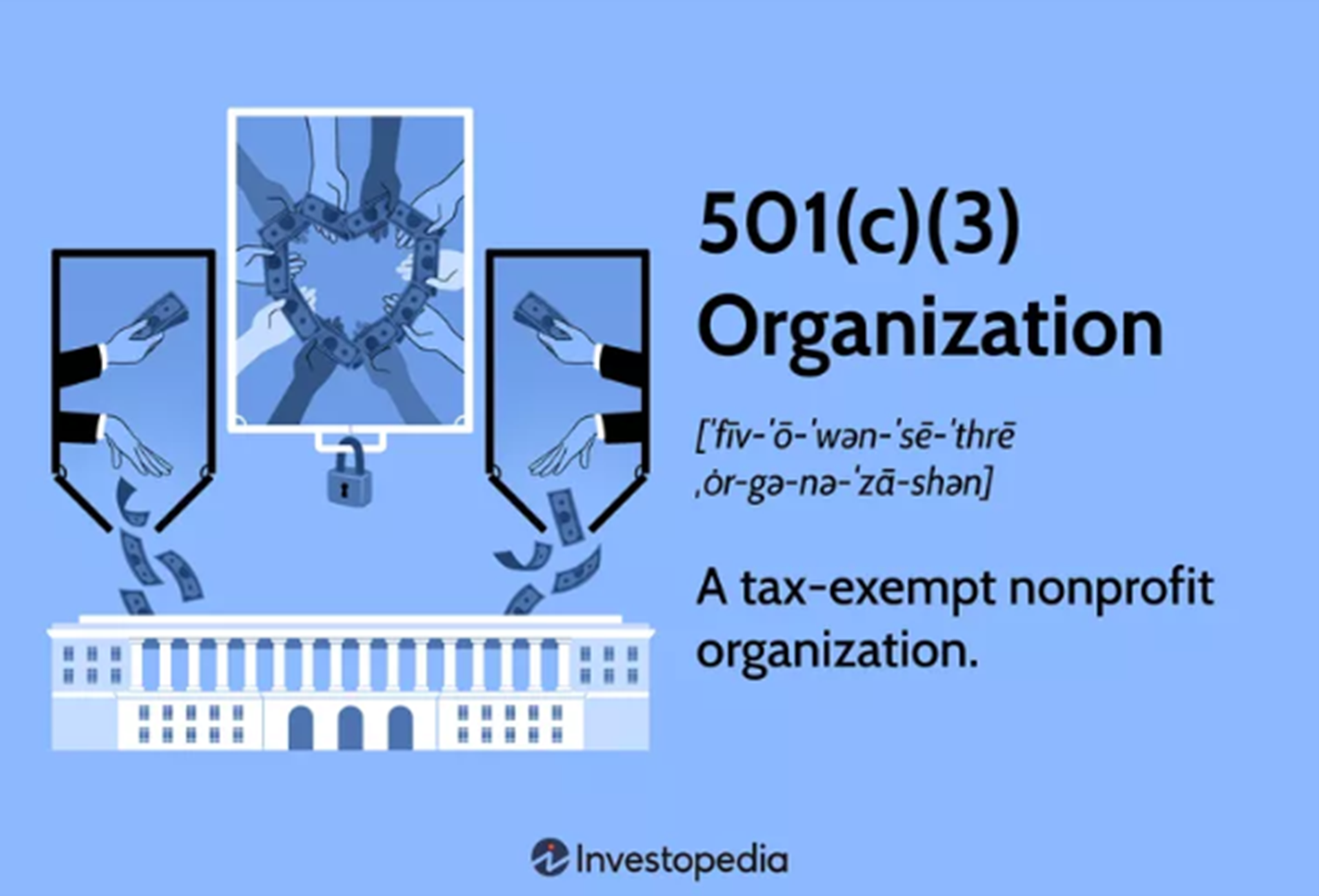Leaving a Legacy vs. Gifting During Your Lifetime

Written by: Nicole Gobel CPA, CDFA
Over the last fifteen years, I have had the benefit of working with many different clients on the personal advisory side of wealth management. Some clients are adamant about leaving a significant inheritance while others are less concerned about leaving a legacy. Many want to help family, friends or charitable causes during their lifetime and these individuals ask for our advice in this area.
Here are a few things to consider.
- Can You Afford to Gift Now?
- Amount and Type of Gift or Inheritance
- Gifting to Charity
What Amount Can You Afford to Gift?
If you are unsure whether you can afford to gift funds currently and not jeopardize your long-term financial plan it is important to work with an advisor to map it out. When we meet with our clients to create and review their comprehensive financial plans, we take into consideration all of their assets, liabilities, income sources and do our best to help them estimate their cash flow needs. Goals within a financial plan often consist of both basic living expenses as well as additional desires such as travel, a second home or gifting.
Once we input these items, we can then stress test the plan to age 95 to be conservative. Sometimes the plan looks great, and we are comfortable letting the client know they can gift early. However, sometimes there is a concern as to whether the collective income sources and long-term growth of the portfolio can sustain a client’s cash flow needs. In that case we may recommend that our client hold off on gifting until a bit later in the plan or simply intend to leave any remainder upon passing.
Most clients heed our recommendations while others may still insist on gifting today. We feel it is our responsibility to be honest about the potential long-term consequences of overspending too early in the plan. It may be that they need to choose between gifting and working longer or spending less on other goals. As a general rule, it is important to understand if you have enough to fund your basic long-term needs before considering any gifting. Remember, you may want to fund a wedding or help a child purchase a car or home, but you may have already put off saving for retirement to support them or provide higher education.
What Type of Asset and Total Value Are You Gifting?
The annual gifting limit for 2024 is $18,000 to any individual. If you are a married couple each person can gift $18,000 so you could potentially gift $36,000 to anyone of your choosing. There is no tax implication to gifting cash for either the donor or recipient, however, if you gift more than the annual gifting limit a Federal gift tax return must be filed to record that you have used part of your lifetime gift and estate exemption. There is still no tax due, only a filing requirement by the party gifting.
However, sometimes individuals are not looking to gift cash but possibly stocks, mutual funds, or real property. If that is the case, it is important to think about the long-term tax benefits or consequences. For example, if you gift appreciated assets the original cost basis is carried over. This means if you transfer a stock worth $10,000 today that you purchased for $5,000, the person receiving will pay capital gains on $5,000 of that value if they liquidate immediately. While this might make sense if the person receiving is in a lower tax bracket, it’s important to understand before making that transfer.
The same is true for transferring real estate during your lifetime. For example, rental real estate not only retains the original cost basis resulting in capital gains if it has appreciated, but the recipient would also need to recapture all of the depreciation deductions that were taken on the property when they sell. This could mean a significant tax bill potentially above the net proceeds received upon sale.
When considering whether to gift these assets currently or as an inheritance, it’s important to note that securities in a brokerage account as well as real property typically receive a step-up in basis if inherited. Therefore, while you may want someone to benefit from a gift sooner rather than later it may make financial sense to hold off.
Gifting to Charity
Gifting to a charity rather than an individual is quite the opposite situation when considering appreciated assets. For example, donating appreciated stock directly to a qualified charity or Donor Advised Fund allows you to receive a deduction for the full market value of the donation without paying capital gains tax. Since the charitable organization is exempt from taxes, they also receive the full benefit of the gift.
Gifting from a retirement account is also a question we encounter. When gifting to an individual you would have to withdraw the funds and pay taxes so unless you have outside funds to pay the tax the intended gift may be lower than desired. However, this is again a great type of asset to gift to a charity. If you are over 70 ½ you can request Qualified Charitable Deductions or QCDs up to $100,000 per year from your IRA to be paid directly to qualified charities and exclude for Federal income tax purposes.
If your intention is to leave a legacy to a charity, it is beneficial to leave the type of assets that would be taxable to beneficiaries. For example, under the SECURE ACT an inherited IRA, aside from a few exceptions, needs to be spent down within ten years beginning the year after the decedent passes. This could be substantial income if the beneficiary is still working. If there is an intention to leave part of an estate to charity, including the organization as a beneficiary on an IRA is a great way to avoid income estate to charity, including the organization as a beneficiary on an IRA is a great way to avoid income taxes on that portion and leave more of the tax advantaged assets to your heirs.

Aside from considering the amount, type and tax features of a gift, the other consideration is the intention of the funds. For example, we often counsel our clients that it may be worthwhile to consider funding a family vacation or helping with a near term goal for children or grandchildren so they may enjoy seeing these funds put to work. If there is concern around the recipient not being responsible with the funds, considering a trust for current and/or future needs with trustee oversight may be a better option. We work with many clients that intend to fund enough to a trust for care of a loved one with special needs, so funds are intended to last for another generation.
Make sure that you are considering what people and causes are important to you. If you’re fortunate enough to have excess funds to gift today, or leave as a legacy, work with your advisor to determine the best method.
If you have questions and would like to discuss your situation, please reach out to the team at Bouchey Financial Group.